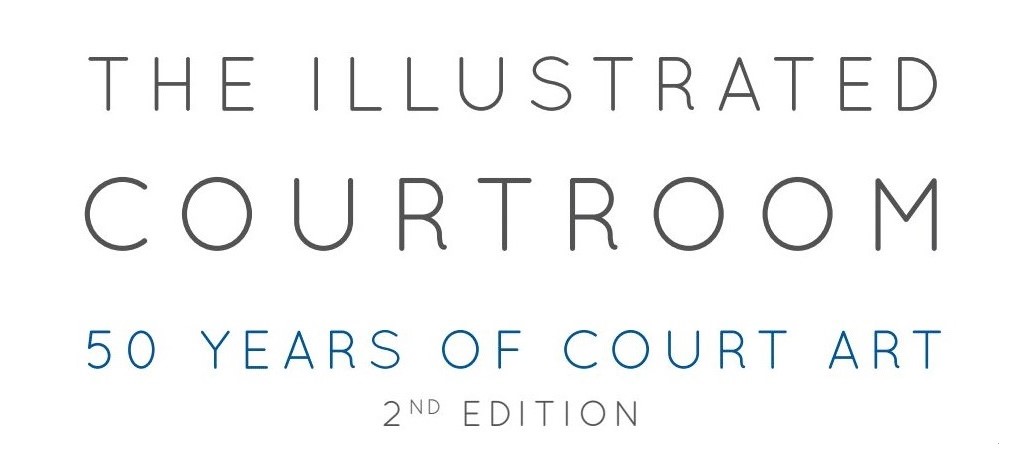The Women Who Took on the Mafia
Family loyalty made the Calabrian Mob strong, but its treatment of women was its undoing.
By Alex Perryhttps://www.newyorker.com/magazine/2018/01/22/the-women-who-took-on-the-mafia
The prosecutor Alessandra Cerreti believed that discontented Mafia women could bring down the organization.
In
Calabria, Lea Garofalo’s disappearance required no explanation. The
local Mafia, known as the ’Ndrangheta, had a term for people who simply
vanished: lupara bianca, or “white shotgun,”
a killing that left no corpse. Residents of Pagliarelle, the mountain
village where Garofalo’s family lived, added her name to a list of
victims who were never to be mentioned again. In three decades,
thirty-five local men and women had been murdered in Mafia vendettas,
including Garofalo’s father, her uncle, and her brother.
 | |
| N'drangheta mafia defendants in Brooklyn Federal Court in 2014 Link to indictment https://www.justice.gov/usao-edny/pr/24-defendants-ties-powerful-italian-organized-crime-syndicate-known-ndrangheta-arrested |
Garofalo, born into the ’Ndrangheta,, had eloped with a cocaine smuggler
named Carlo Cosco when she was sixteen. The next year, they had a
daughter, Denise, and Garofalo implored Cosco to leave the Mob. Instead,
a few years later, she witnessed her husband and his brother kill a man
in Milan. “You don’t live,” she once said, of the constrained existence
of an ’Ndrangheta wife. “You just survive in some way. You dream about
something, anything—because nothing’s worse than that life.” In
desperation, Garofalo collaborated with prosecutors to put Cosco in
jail. For thirteen years, she and Denise moved from one small town to
another, in and out of witness protection, as his men pursued them. One
night, she looked outside the window of the apartment where they were
staying and saw that her Fiat had been set on fire.
By 2010, the Italian state had enough evidence from years of
surveillance to suggest that the ’Ndrangheta—whose name, pronounced “n-drahng-ghe-ta,”
was derived from a Greek word meaning “honorable men”—was running
seventy per cent of the cocaine trade in Europe. Other investigations
indicated that it brokered arms deals with criminals, rebels, and
terrorists around the world, including fighters on opposing sides of the
Syrian civil war; extorted billions of euros from businesses; and
swindled the Italian state and the European Union out of tens of
billions more, particularly through contracts for roads, ports, wind and
solar power, and even the disposal of nuclear waste, which it dumped at
sea off Somalia. The bosses ran an empire that operated in fifty
countries, from Albania to Togo, linking a Mob war in Toronto to a
lawyer’s assassination in Melbourne, and vast real-estate investments in
Brussels to a cocaine-delivering pizzeria in Queens called Cucino a
Modo Mio (“I Cook My Own Way”).
More
https://www.newyorker.com/magazine/2018/01/22/the-women-who-took-on-the-mafia

No comments:
Post a Comment